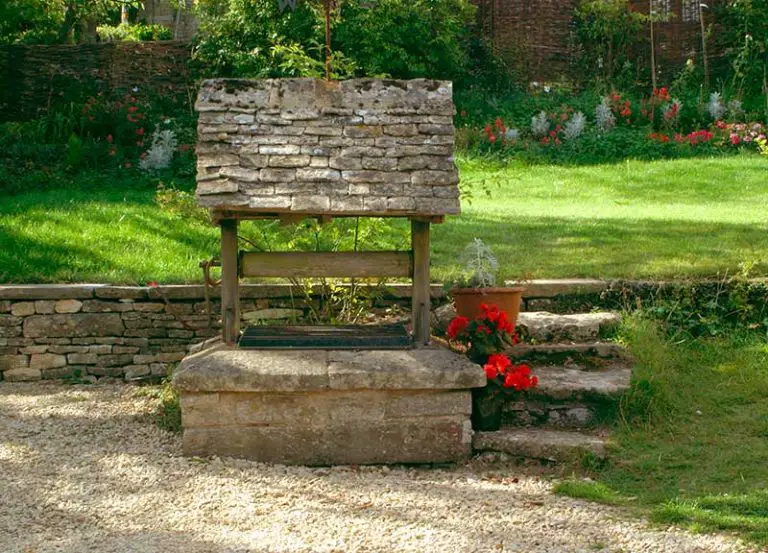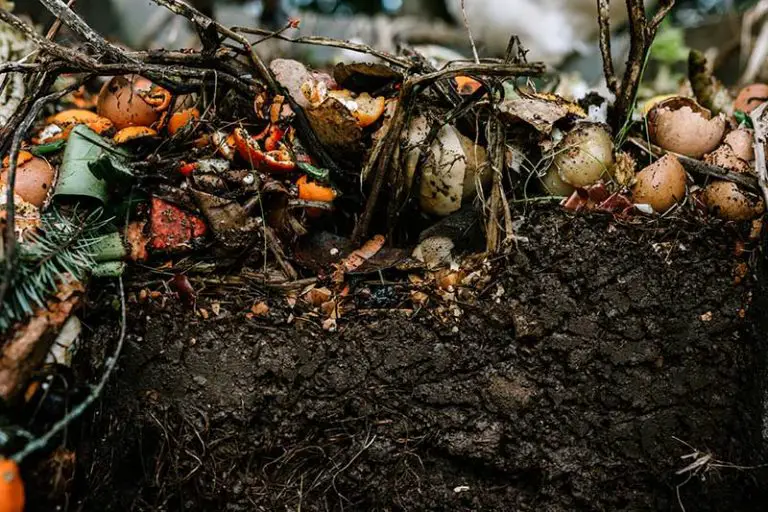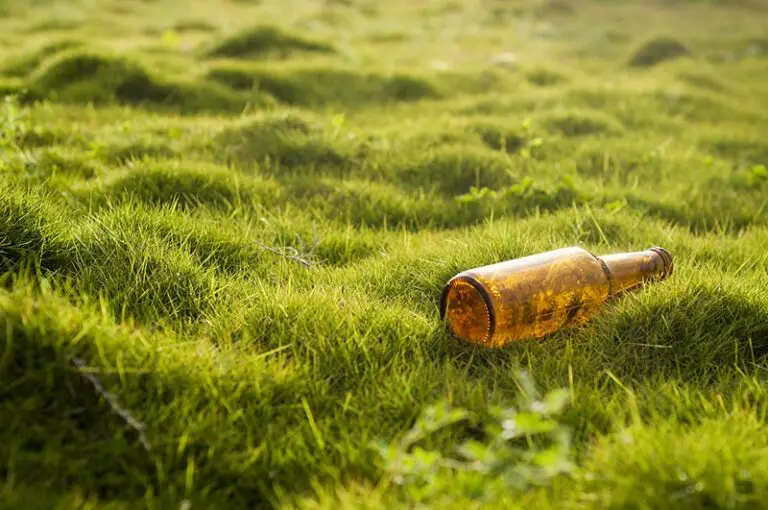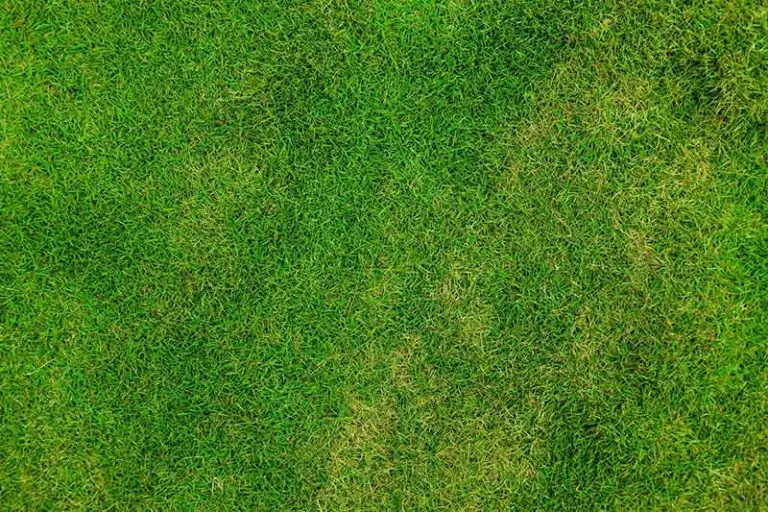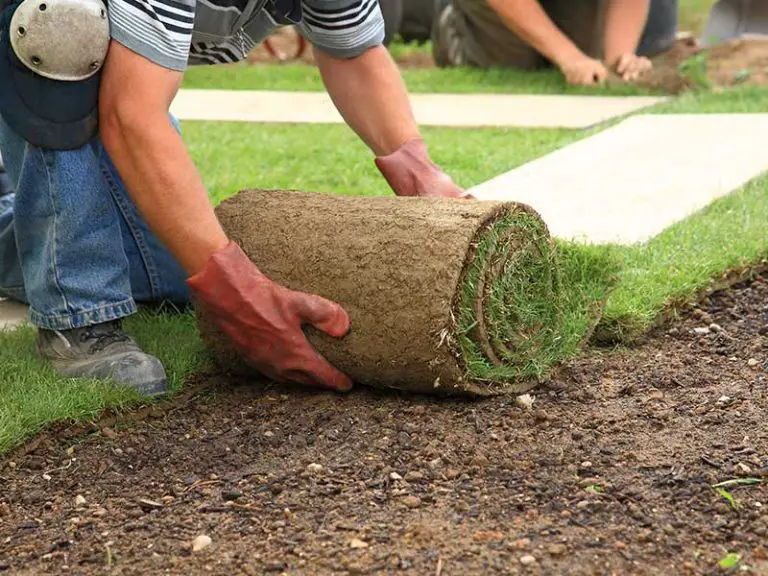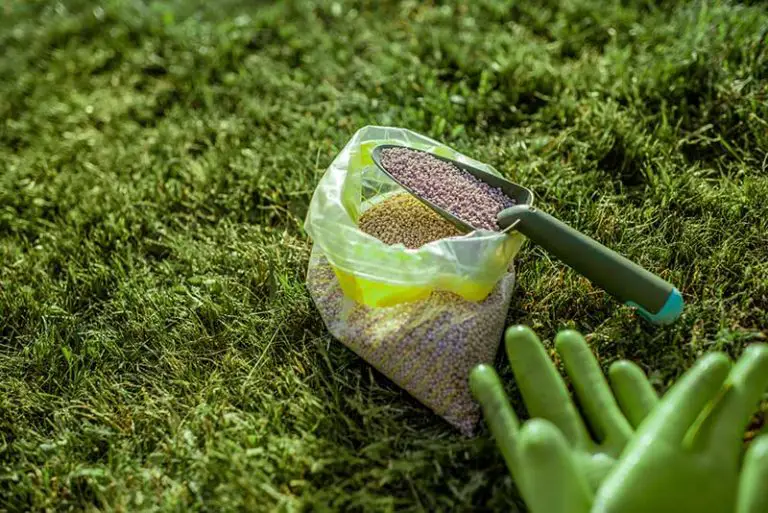Can Lawn Fertilizer be Used on Plants?
Lawn fertilizer is used yearly on lawns to keep them healthy, fresh and well maintained. Due to its many benefits, you might consider other possibilities it may have, such as a potential use on plants or other garden foliage.
Despite the success rate that lawn fertilizers maintain with grass, they are not suitable for use on plants due to the nutritional composition that makes them up. Grass and other garden plants have very different nutritional requirements that fertilizer may be unable to replicate. Beyond not having the correct nutritional value that some plants need, fertilizers are also much more likely to damage other plants that they are not supposed to be used on.
What is a Lawn Fertilizer?
Lawn fertilizers are a solution used to provide much-needed nutrients to a lawn. These nutrients may not be provided by the soil that the lawn is planted in, and many require a boost to bolster their health and general appearance. A well-kept lawn is much more likely to be able to fight off disease, fungus, or other ailments that may afflict it. Denser lawns and lawns that grow quickly are much more likely to have stronger roots, which help maintain the general health of the grass.
Lawn fertilizers are often composed of three key ingredients. These ingredients are the nutrients Nitrogen, Phosphorus and Potassium. Each lawn requires these nutrients to stay healthy, but some soil types struggle to retain them or produce them, so fertilizer is used as a supplement.
Understanding the NPK
Lawn fertilizers measure the amount of nitrogen, phosphorus and potassium using an NPK system, often located on the packaging of the fertilizer. NPK stands for Nitrogen (N), Phosphorus (P) and Potassium (K). These nutrients are measured using this system, and are done so using three numbers representing the percentage on the packaging.
For instance, some fertilizers may have an NPK of 40-20-20. This means that 40% is nitrogen, 20% is phosphorus and 20% is potassium. Generally speaking, most fertilizers use more nitrogen than other nutrients, but exceptions do apply.
When it comes to choosing the correct NPK for your lawn, knowing what your soil needs is a must. It’s generally accepted that soils will need extra nitrogen as a boost, as it is very rarely naturally occurring and most garden soils are lacking in it. It’s rather easy to determine which type of soil you have, based on the density and its water retention qualities. It also helps knowing which type of grass you have in your garden, as each type of grass has different nutritional requirements and fares better in different types of soil.
Once you’re aware of your type of grass and soil in your garden, you can begin to consider which type of fertilizer is best suited for your lawn. One can decide by measuring the pH levels of the soil, which can be done using a simple kit. For example, if your grass is a type that requires high levels of nitrogen, and your soil’s pH is mostly alkaline, one can determine that it will require a fertilizer with an NPK with a focus on nitrogen.
[Amazon box = B09N8HRJQR]
If you are ever unsure of what type of fertilizer to use on your lawn, the safest thing to do would be to contact a gardening expert or speak to a specialist instore.
Why Use Lawn Fertilizer?
Lawn fertilizer is beneficial to a lawn, as it improves both the health and general look of a lawn. It can promote faster growing and thicker grass, along with promoting better root health and length. Healthier and longer roots help fight off any potential disease, and are more likely to absorb helpful nutrients from the soil that the lawn is planted in.
Fertilizer is fairly inexpensive, only needs to be applied up to two times a year, and helps keep your lawn healthy and looking fresh.
When Should I Use Lawn Fertilizer?
Lawn fertilizer is used sparingly, either once or twice a year. It’s best used during periods of mild weather, when rainfall is sparse but gentle. People often choose to fertilize their lawns in the spring or early fall, as this is when weather is at its most mild, and less likely to disrupt the process.
How to Apply Lawn Fertilizer
There are two types of lawn fertilizers available on the market. These include granular solutions and liquid solutions. Liquid lawn fertilizers are dispersed either using a bottle spray cap or a hose, whilst granular solutions are dispersed by spreaders or by sprinkling onto the grass with (gloved) hands.
Ensuring that the spread of the lawn fertilizer is equally distributed is an important part of application, as it ensures that all grass is nourished equally. Over-fertilizing can result in damage to a lawn, as an overabundance of any nutrient is likely to cause harm. Nitrogen can often be to blame for afflictions such as fertilizer burn, which may require a fresh cut of sod or new grass seed to be sown over to revive the area.
Using Lawn Fertilizer on Plants
Lawn fertilizer is not suitable for plants due to nutrients that make it up. It is specially engineered for grass, and is not suitable for plants as they have different nutritional requirements. Lawn fertilizer consists largely of nitrogen due to the lawn’s need for it. Whilst this is great for grass and large areas, it isn’t suitable for plants. Nitrogen encourages green growth, the production of leaves and stems. This is great for grass, but not useful for plants that flower, or ones that grow fruits and vegetables, as it can come at the expense of the plant’s fruits, flowered or vegetables.
Some types of lawn fertilizers contain herbicides which are used to ward off weeds and grubs. These herbicides are often designed for grass use, and are sometimes present in weed and feed solutions for grass too. These herbicides may prove to be too strong against certain garden plants, which is why they are recommended for lawn use only.
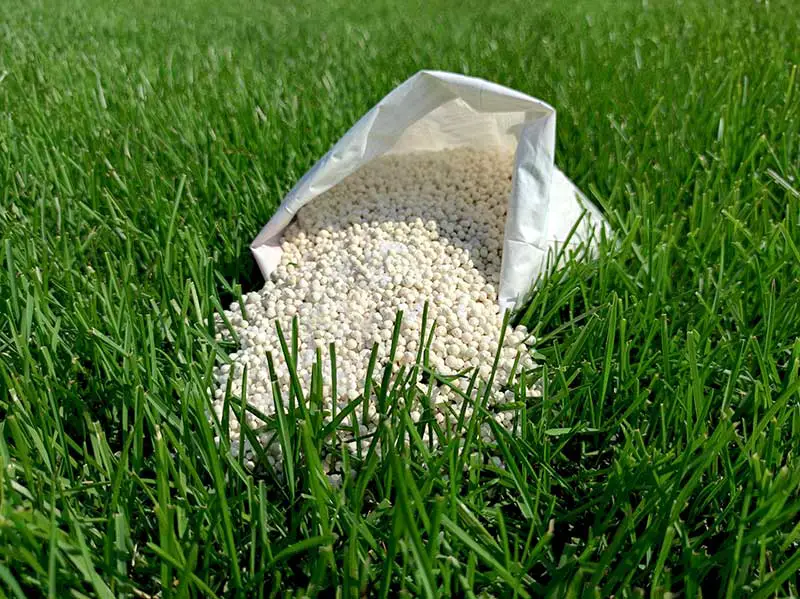
How Does Lawn Fertilizer Harm Plants?
Lawn fertilizer harms plants by overexposing them to nutrients such as nitrogen which can cause rapid green growth which can be detrimental to them. Nitrogen also has the ability to burn even grass, meaning that plants that come into contact with it are also at risk of being burned. Whilst not all fertilizers have a high concentration of nitrogen, most offer more nitrogen in their solutions than phosphorus and potassium.
Herbicidal components of fertilizer can also have a negative impact on your garden plants, as they will make the plant less attractive to pollinators. Whilst removing wasps from a garden is sometimes a bonus to some sprays and equipment, other pollinators, such as bees, should be supported rather than diminished.
Final Thoughts
Whilst fertilizer may seem like the kind of solution that all plants in the yard will benefit from, its composition and likely use of herbicides can make it a formidable danger to plants in your garden. Lawn fertilizer is tailored specifically to the use on lawns, so any use on other plants could spell disaster for them in the long run.

